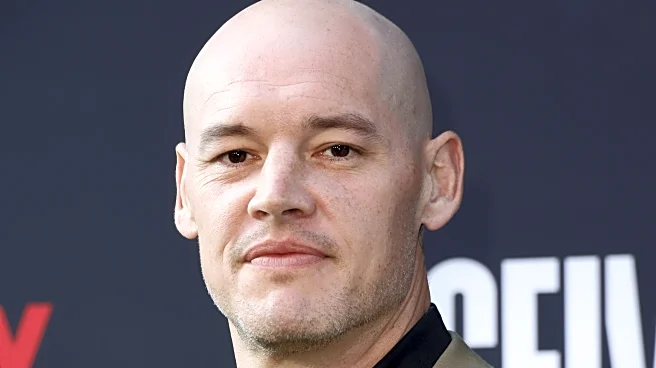While the company is definitely still willing to release talents if they need to for cost-cutting or other purposes, under the TKO umbrella WWE has shown a preference for letting contracts expire. It seems
that as expiration dates approach, some wrestlers are negotiated with, some are offered a take-it-or-leave it deal, and the rest just wished the best in the future endeavors.
This has advantages, like staggering “cut days” and reducing the number of “WWE releases…” alerts that show up on people’s phones. But it has led to us getting more about insights into WWE’s approach — especially with folks in that middle group who are offered a contract but no negotiation.
One of those was Karrion/Killer Kross. In what amounted to a public exit interview on The Ariel Helwani Show, Kross said he’d asked for business metrics relevant to a contract negotiation like merchandise sales and television segment ratings. Kross told Helwani that WWE was “unwilling to provide that information” and rescinded their offer when he didn’t agree to it within 24 hours.
Now, another wrestler who was in a similar position is talking about his dealings with the company. Bishop Dyer, whose real name is Tom Pestock and who performed for WWE as Baron Corbin, was a guest on Jonathan Coachman’s Sirius XM show Off The Ropes. On the topic of “measurables”, Dyer said:
“They have no answer to why you are paid what you are paid. For a brief period, they brought measurables to the table. ‘Well, these are your social media numbers, these are your merch numbers, these are your interaction numbers.’
“I know someone on the roster who said, ‘Well, these don’t look right to me.’ And they had someone do some serious digging and they countered everything that was being presented to them with facts. And then they got a way better contract. But that was the last time they brought those things to the table.”
Dyer, who is now wrestling on the indies — primarily MLW and Maple Leaf Pro, also claims WWE will gradually reduce a performer’s television time as their contract expiration date approaches:
“When you get closer to your contract ending, ‘Hey, I’m six months from my contract being up and now I’m not on TV.’ It’s not a coincidence. It’s written that way. ‘Well, we don’t have much for you.’ So now when they present you the contract, they go, ‘Well, you haven’t been on TV in two months.’ Yeah, but I was for two and half years prior to this. So they low ball you.”
No hard feelings from Dyer, who takes an “all in the game” view:
“Like, it’s a business — I get it. It is what it is. It’s the nature of the beast.”
Still, good thing he and Kross have some employment options… some of which will presumably still negotiate openly with their workers.










